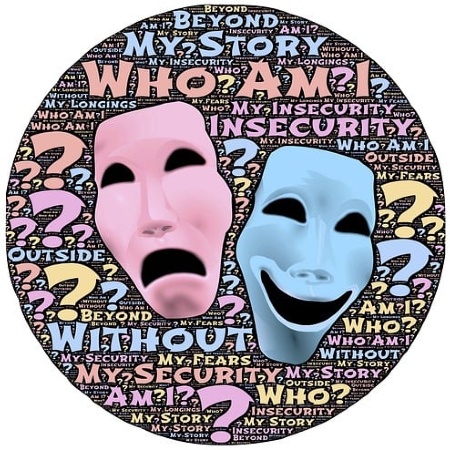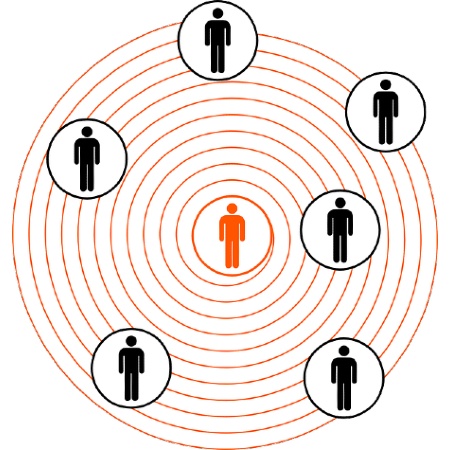
Striving for spiritual growth… yet finding yourself needing a strong sense of self to navigate the daily grind? The word Ego is spoken of like a bad-word in certain circles. So what does it really mean?
Ego! It’s a word… it, like the word ‘Bat’, meaning both a nocturnal flying mammal and a piece of sports equipment to hit a ball, also has completely different concepts. Spiritual traditions refer to it as ‘The Illusionary Self’, while in Psychology it means ‘The Functional Self’. In truth the word ‘Ego’ means two fundamentally different things.
The Spiritual and Psychological Ego
The Spiritual Ego (Illusionary Self) is characterized by: separation, self-interest and often fear. It needs validation from external sources. It seeks to control and constantly reinforces a feeling of being separate from others and the wider universe.
In this way, it is seen as the ‘root of suffering’, a barrier to self-realization the understanding of our true, interconnected and boundless nature. This is the reason that many spiritual traditions advocate for ‘dissolving’ or ‘transcending’ the ego, achieving liberation and inner peace.
The Psychological Ego (Functional Self) is characterized by: self-awareness, decision-making and impulse control. An essential and healthy part of your personality… It’s the ‘you’ that navigates your daily life, makes decisions and interacts with the world around you.
Helping you: manage your emotions, maintain boundaries, building healthy relationships, pursuing your goals and it is crucial for mental well-being.
Transcending or Dissolving the (Spiritual) Ego… Dissolving to Strengthen
Here’s where the real magic happens and the paradox unfolds…
When you ‘dissolve’ the Ego (Illusionary Self), you free up energy previously consumed by its endless demands for validation, control and separation… This liberated energy can then be channeled into building a more resilient, adaptable and genuinely confident Ego (Functional Self). Truly confusing eh?
Take for example the idea of compassion, the cornerstone of many spiritual traditions. The Ego of the spiritual traditions (the Illusionary Self) is associated with a lack of compassion due to its self-centeredness… Whereas a strong and healthy Functional Self or Ego defined by Psychology is one that is capable of embodying and expressing compassion.

Compassion is about recognizing interconnectedness… feeling empathy for others’ suffering and more importantly taking action to alleviate it. A mature Functional Self (Psychological Ego) can understand and respond to the needs of others while maintaining appropriate boundaries for its own well-being.
The Illusionary Self of Spirituality is lacking compassion.
The Functional Self of Psychology is expressing compassion.
Understanding leads to a more balanced and fulfilling life… You gain greater ‘inner peace’, your relationships become more authentic with you connecting from a place of compassion rather than egoic needs.
Then your actions become more purposeful, useful and driven by clarity and higher values.
So, What Next
Ok, so now we’ve developed a clearer understanding of the different definitions and what is meant by these terms… how can we use that to improve ourselves. That’s exactly what we explore in the next two Blog Posts:
How to Dissolve or Transcend the (Spiritual) Ego.
How to Boost the (Psychological) Ego.

Pingback: Beyond 'Me'... A Journey into the Phenomenon of Ego Dissolution - Hypnosis Land Blog